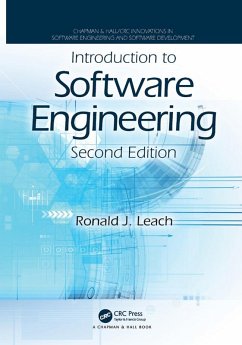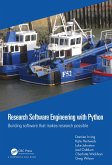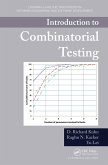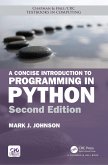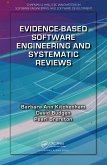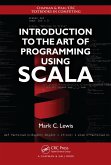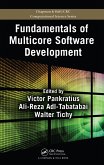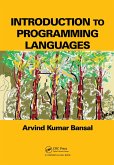Adding material on open source and agile development models, this second edition equips students with the fundamentals to prepare them for satisfying careers as software engineers. The text helps students understand software development techniques and processes at a reasonably sophisticated level. It covers each major phase of the software development life cycle, from developing software requirements to software maintenance. It also discusses project management and explains how to read software engineering literature.
Dieser Download kann aus rechtlichen Gründen nur mit Rechnungsadresse in A, B, BG, CY, CZ, D, DK, EW, E, FIN, F, GR, HR, H, IRL, I, LT, L, LR, M, NL, PL, P, R, S, SLO, SK ausgeliefert werden.

